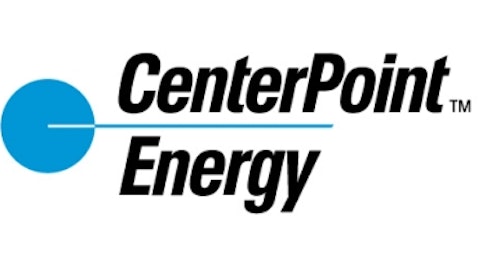The EPA is set to unleash a host of new regulations that will impact the energy sector, and top utility companies in the U.S. are facing hurdles that will ultimately drive up the cost of supplying energy.

As has widely been reported, the Environmental Protection Agency has been hammering away behind the scenes to build a new energy sector regulatory infrastructure. This includes plans to enhance restrictions on greenhouse gases, implement tougher clean water guidelines, and tighten ozone standards.
EPA regulatory agenda for 2013
Obviously protecting the environment so that we live in a cleaner world is a good thing. But the question remains as to whether the EPA’s ambitious agenda is the best way to get there. And whether a sufficient cost/benefit analysis was undertaken in planning this brave new world is uncertain. In fact, there is a growing debate on this point.
Some observers contend that the costs far outweigh the benefits, especially when the U.S. economy that runs on fossil fuels is still trying to get its sea legs in the wake of the economic tsunami of 2008.
In particular former General Electric head honcho Jack Welch blasted the Obama administration in a recent appearance on CNBC’s Closing Bell. He declared that the U.S. energy boom could mean another century of economic dominance for the Country. But the stringent new rules are an impediment.
“We can’t keep throwing sand in the gears of the economy,” said Welch.
Greenhouse gas regulations
The EPA is proposing so-called first source-specific emissions standards for new oil refineries and coal fired power plants. And a recent story in paints an ominous picture of these standards. Their argument is that the agency’s proposed rules for new power plants “are so strict they will eliminate coal as an option for future electric power generation.”
However, the standards do not apply to existing power plants as well as refineries. But they contend that the agency will forge ahead once the new standards are in place by relying on the Clean Air Act (CAA) to issue revised regulations. In sum, the rules will apply to the utility sector as well as a number of other industries, including oil refineries. In short, many aspects of the American energy sector will be “constrained by strict bureaucratic permitting requirements.”
The bottom line: the stricter standards will further drive up electricity and gasoline prices once they are implemented. And the new rules are projected to cost more than $300 to $400 billion a year, and will significantly raise the prices of gas and energy for consumers.




